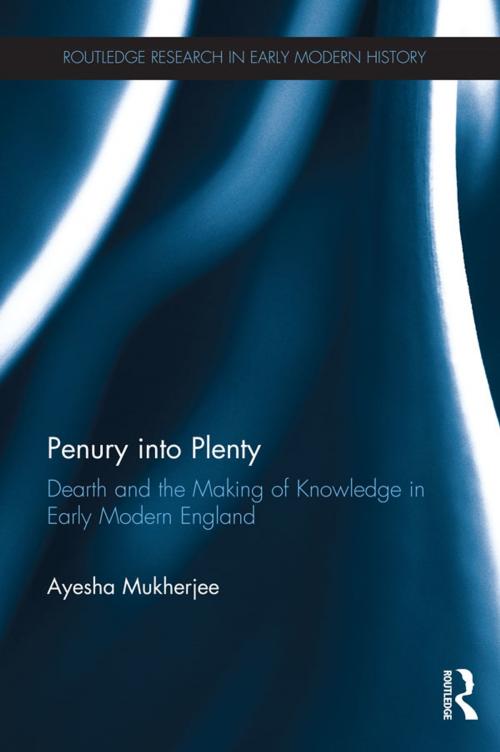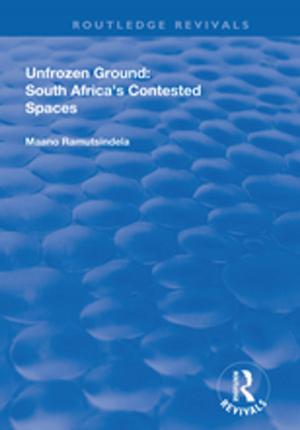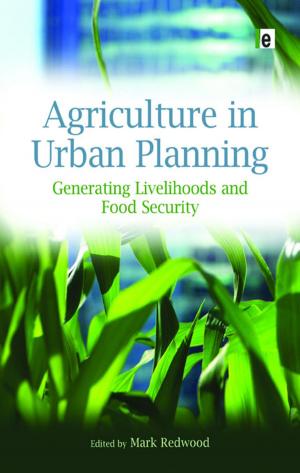Penury into Plenty
Dearth and the Making of Knowledge in Early Modern England
Nonfiction, History, Modern, 17th Century, European General| Author: | Ayesha Mukherjee | ISBN: | 9781317575955 |
| Publisher: | Taylor and Francis | Publication: | December 5, 2014 |
| Imprint: | Routledge | Language: | English |
| Author: | Ayesha Mukherjee |
| ISBN: | 9781317575955 |
| Publisher: | Taylor and Francis |
| Publication: | December 5, 2014 |
| Imprint: | Routledge |
| Language: | English |
Penury into Plenty: Dearth and the Making of Knowledge in Early Modern England is an original examination of cultural meanings of dearth and famine in England at the turn of the sixteenth century. It focuses on the socio-economic and ecological crises of the 1590s, investigating the effects of widespread fears of famine on mundane activities and knowledge making by analyzing the remedial measures undertaken by the early modern English to illustrate their commitment to resource management. The activities, theories, and publications of the prolific ‘dearth scientist’ Sir Hugh Platt are considered alongside other forms of literature such as sermons, plays, poetry and prose fiction to explain not only what dearth or famine meant in the period, but how contemporaries understood sustainable resource management.
By drawing upon environmental, economic, scientific, and literary history and theory, Penury into Plenty allows modern readers to see that sustainability is not a wholly modern concept and the investigation of cultural forms of ecological consciousness and social consequences of past environmental change is vital for understanding contemporary concerns.
Penury into Plenty: Dearth and the Making of Knowledge in Early Modern England is an original examination of cultural meanings of dearth and famine in England at the turn of the sixteenth century. It focuses on the socio-economic and ecological crises of the 1590s, investigating the effects of widespread fears of famine on mundane activities and knowledge making by analyzing the remedial measures undertaken by the early modern English to illustrate their commitment to resource management. The activities, theories, and publications of the prolific ‘dearth scientist’ Sir Hugh Platt are considered alongside other forms of literature such as sermons, plays, poetry and prose fiction to explain not only what dearth or famine meant in the period, but how contemporaries understood sustainable resource management.
By drawing upon environmental, economic, scientific, and literary history and theory, Penury into Plenty allows modern readers to see that sustainability is not a wholly modern concept and the investigation of cultural forms of ecological consciousness and social consequences of past environmental change is vital for understanding contemporary concerns.















